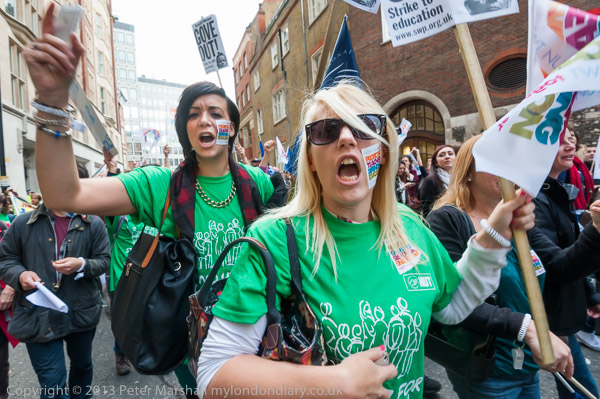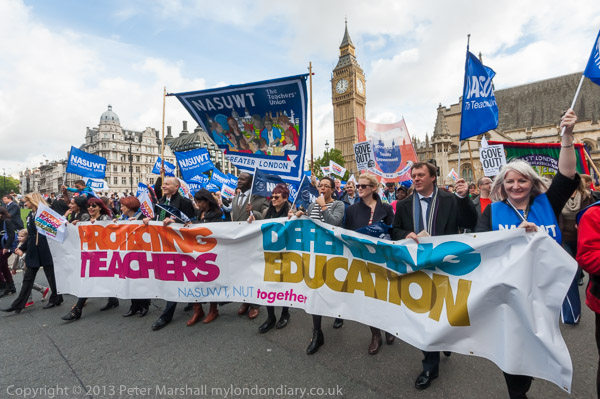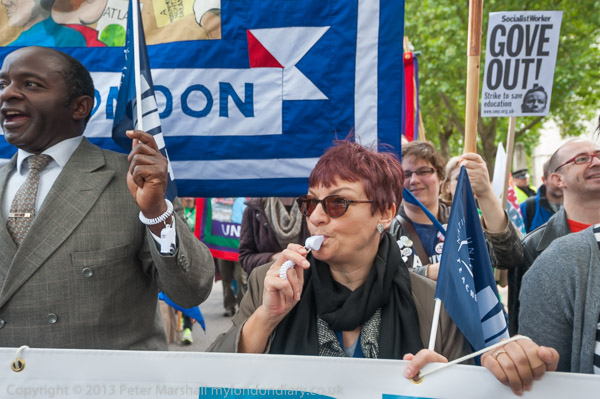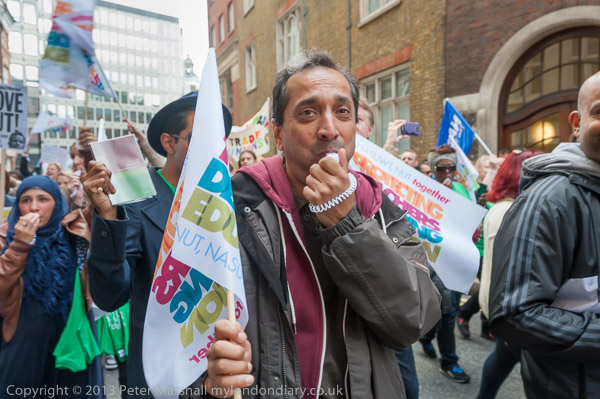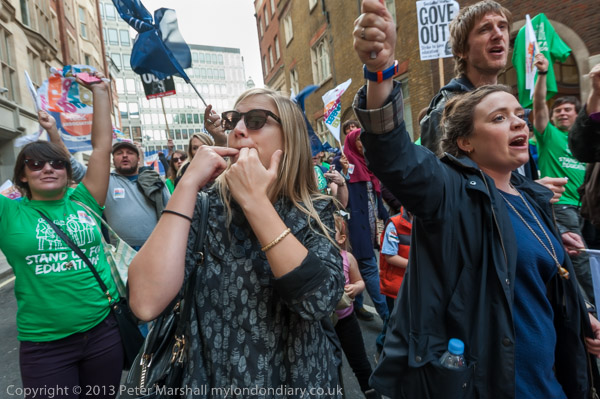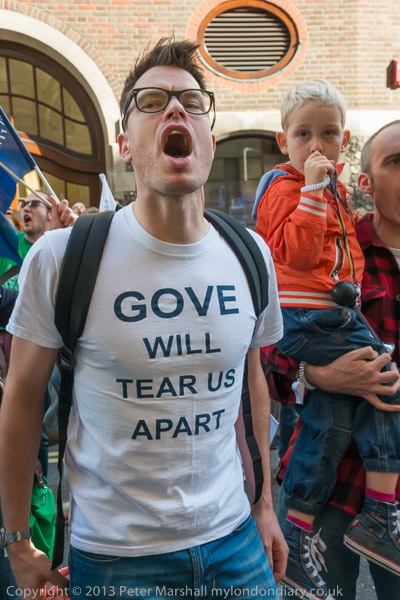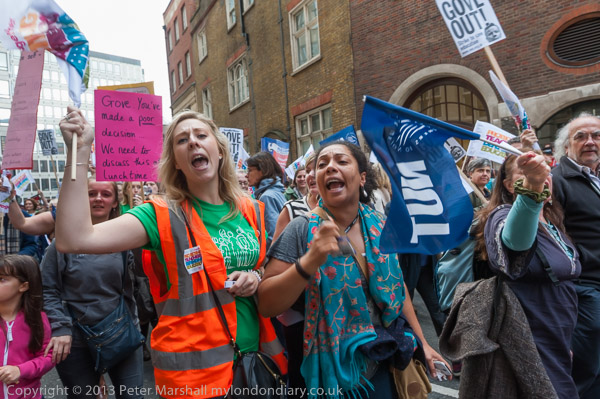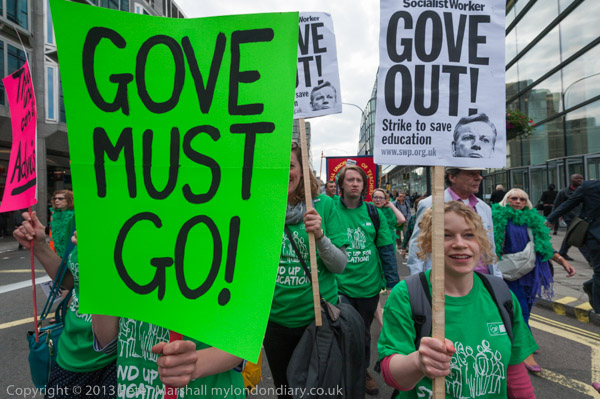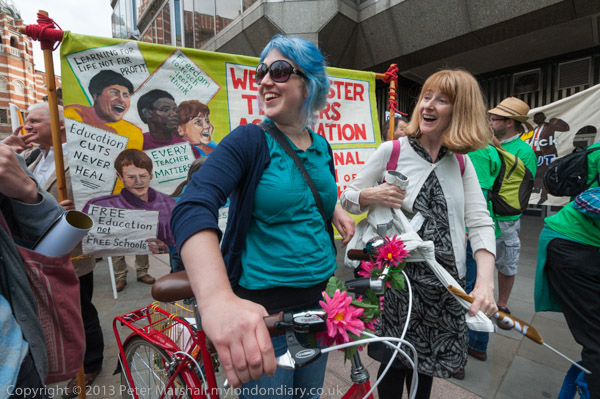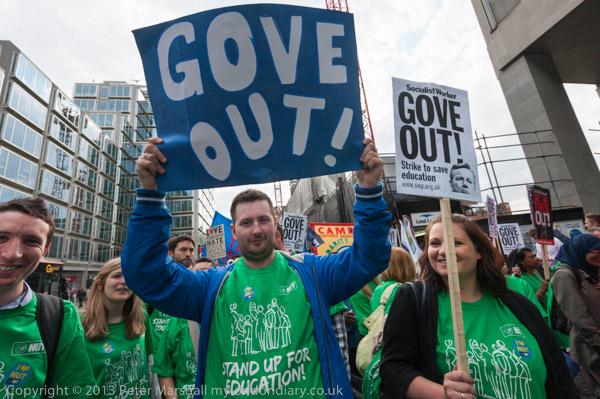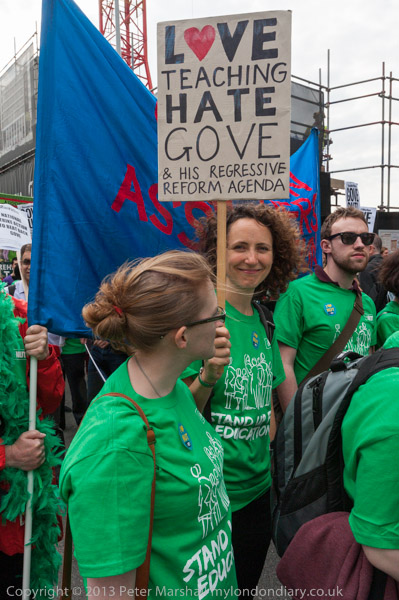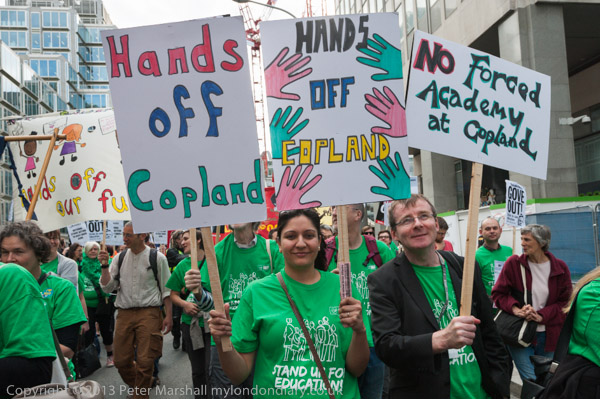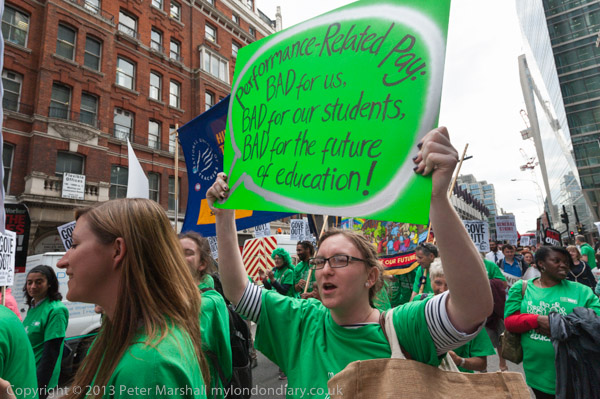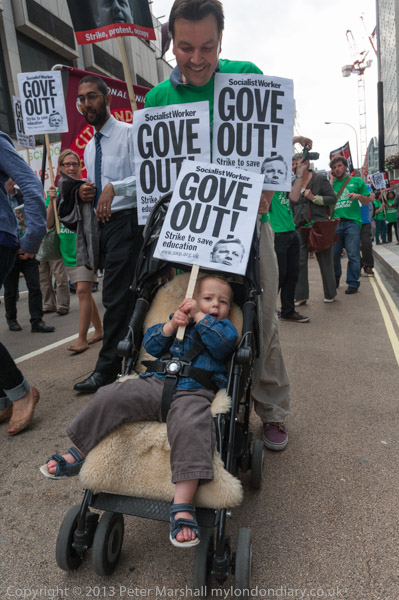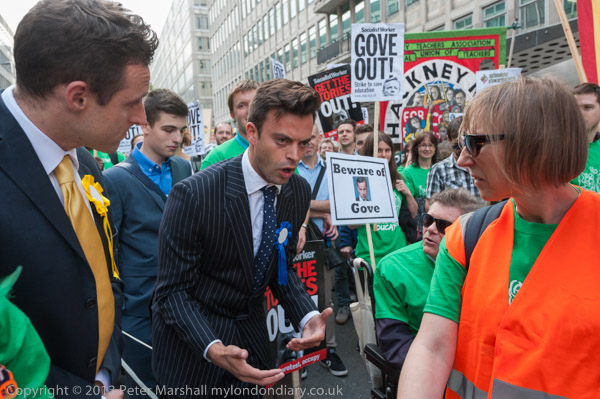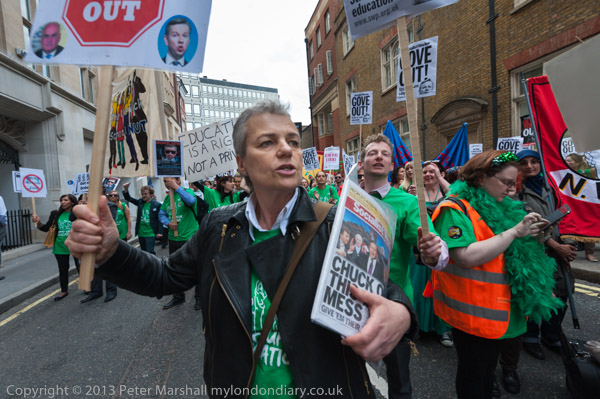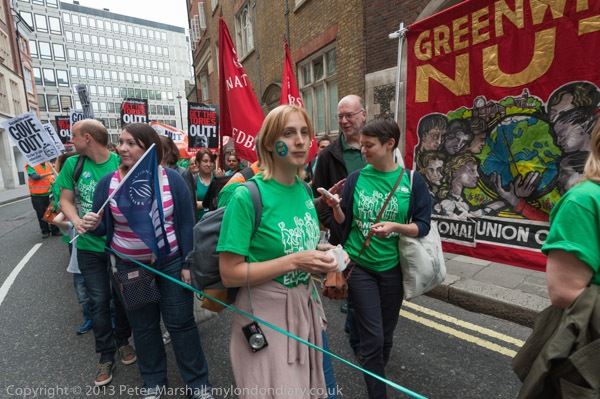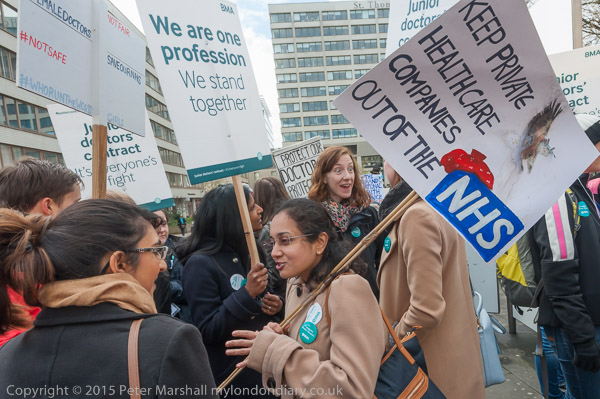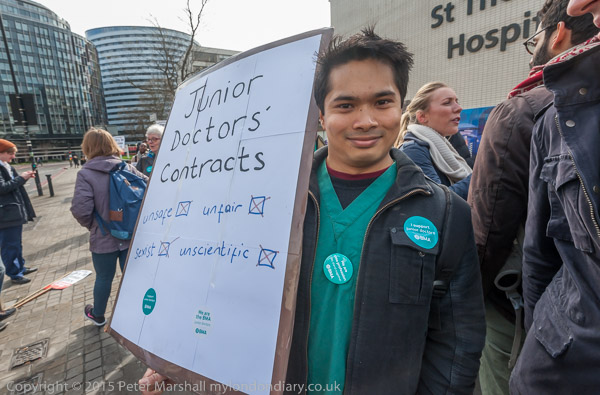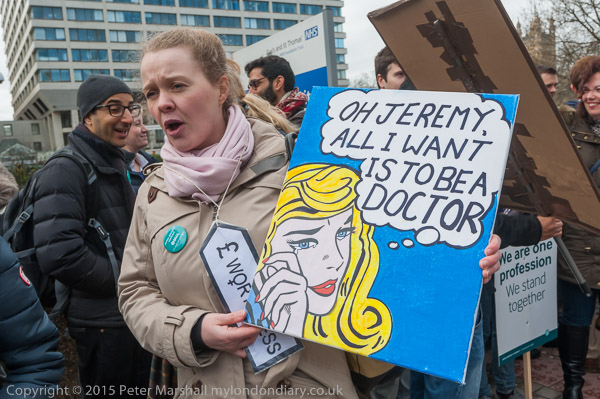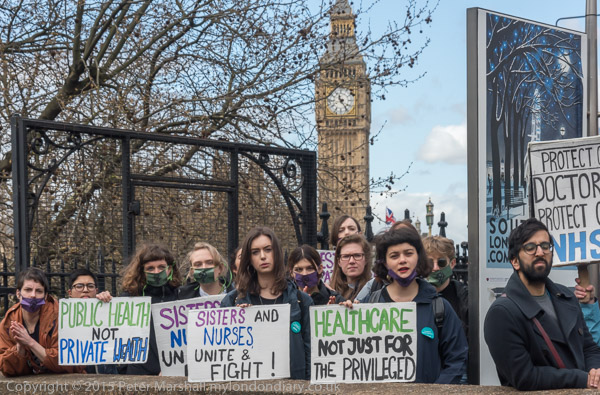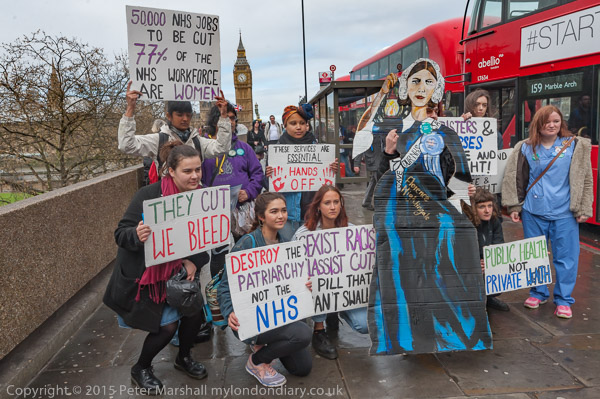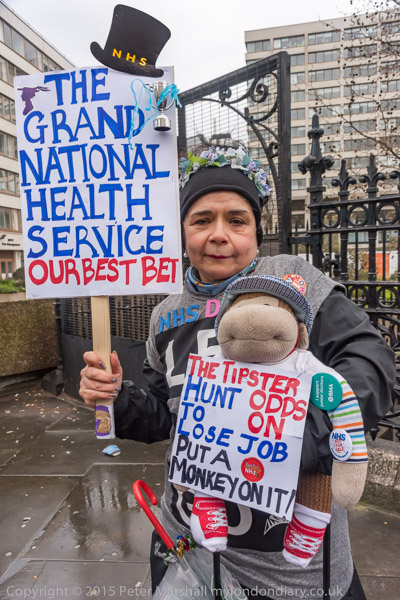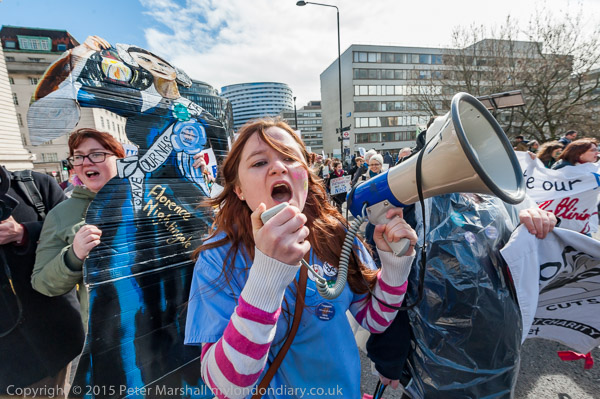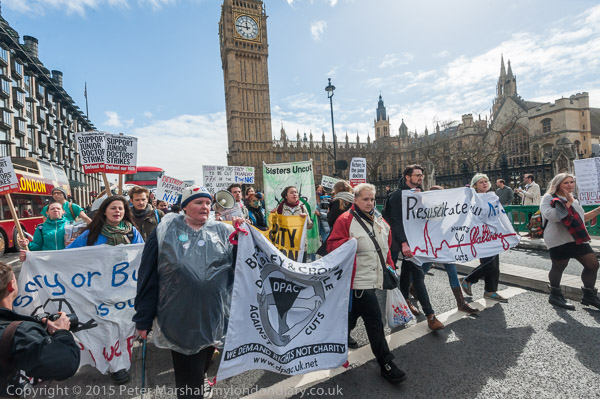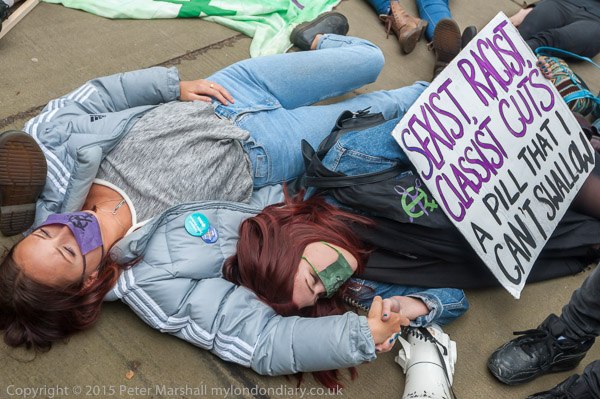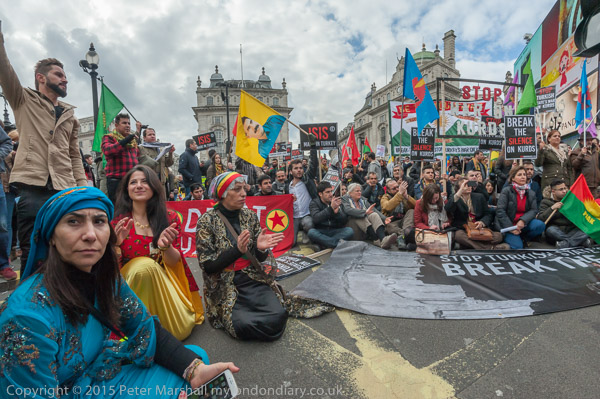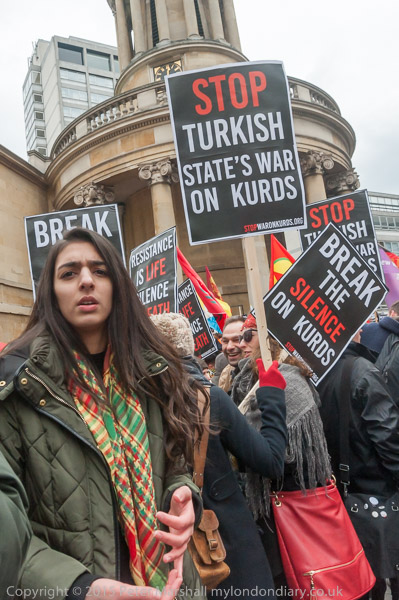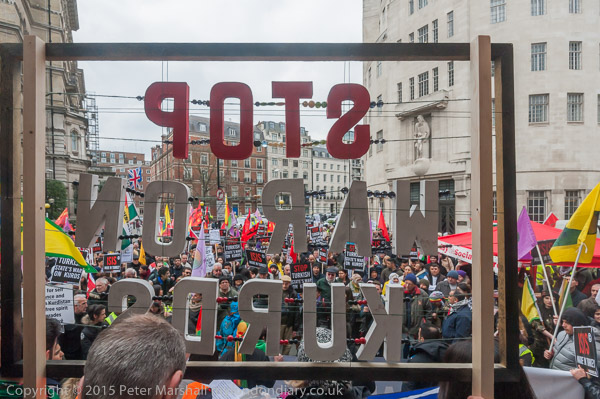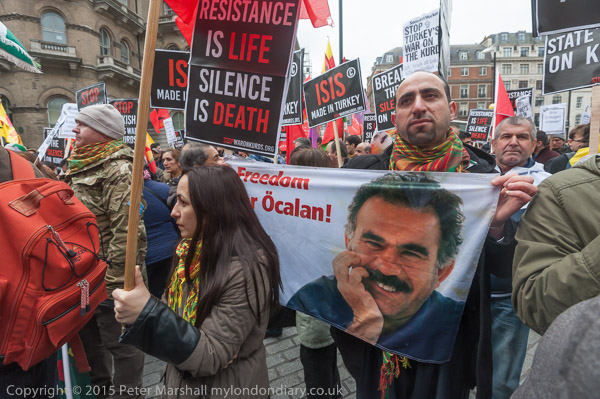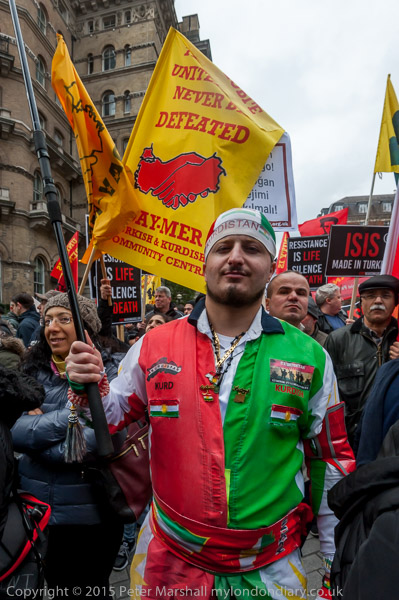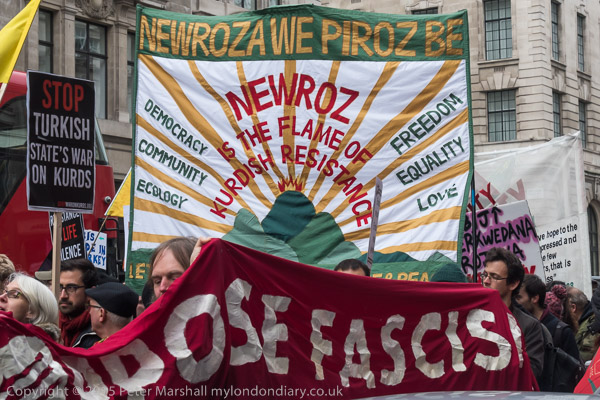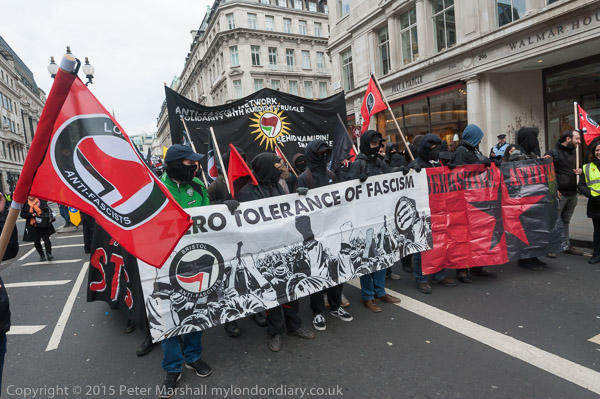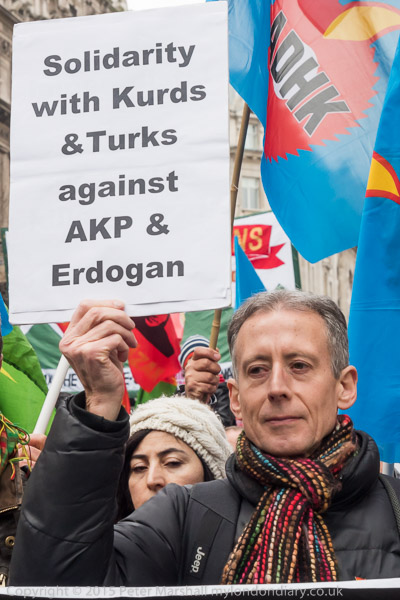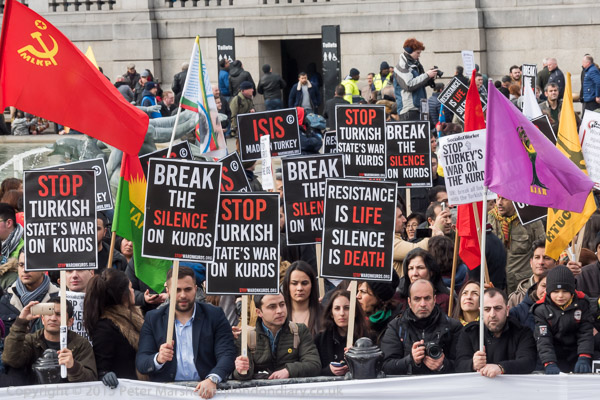March Against Cuts & Bloomsbury Festival: On Saturday 23rd October 2010 striking London firefighters led a march with other trade unionists against government cuts on spending on public services announced a few days earlier. After photographing the march I walked around Bloomsbury where Bloomsbury Festival was taking place over a week or so.
Trade Union March Against Cuts
Euston Rd to Bedford Square
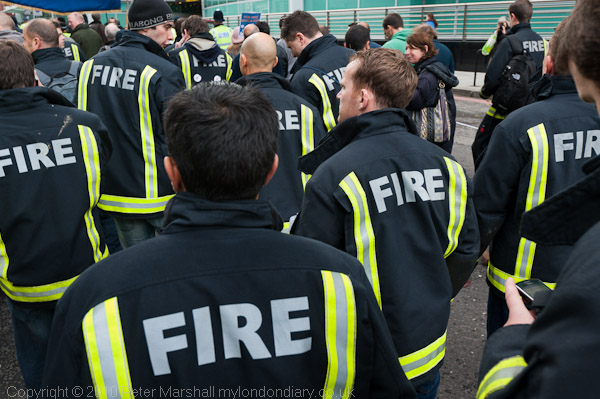
London’s firefighters were taking part in an 8-hour strike from 10am, called after the London Fire Brigade had in August begun firing 5,600 of them to bully them into agreeing a new contract. 79% of firefighters had voted in a ballot over strike action with 79% supporting the strike.

The Fire Brigade Union had been negotiating with the LFB over a new contract, but say that the Conservative chair of the London Fire and Emergency Planning Authority had pushed the LFB to adopt a more aggressive stance, firing the workers and then offering re-employment on a less favourable contract imposed without negotiation. Birmingham City Council were also attempting this for their 26,000 workers and Sheffield had also sent similar letters to their employees.

Many of us were astonished that any reputable employer could even consider this ‘fire and rehire’ approach, and doubted its legality. Surely every worker treated in this way must have a cast-iron case for unfair dismissal – or certainly should have. Though as usual the main thrust of our laws is to protect the interests of the rich and powerful against the rest of us, so perhaps they could get away with it despite the clear injustice.
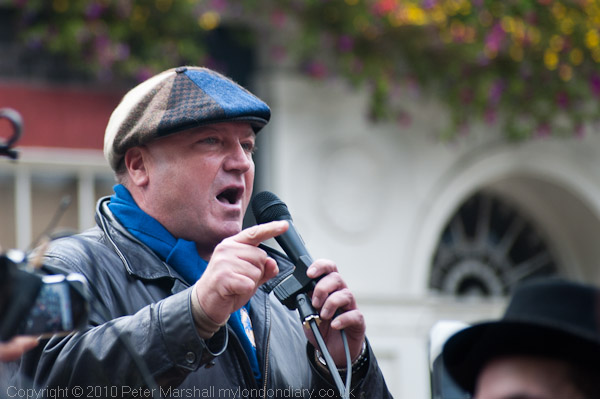
If they could do it for firefighters, councils and other employers could do it for other workers and many other trade unionists had come out in support of the FBU, with the London march being called by the RMT, FBU, NUT, PCS and the National Shop Stewards Network.

The cuts announced by Chancellor George Osborne in the previous Wednesday’s Comprehensive Spending Review had been anticipated but still shocked. We – the country’s workers – were being made to pay for the greed of the wealthy bankers who had caused the crisis but were being given handouts. The London march and rally was just one of others across the country including in Cardiff, Manchester, Bristol, Lincoln and Wigan.
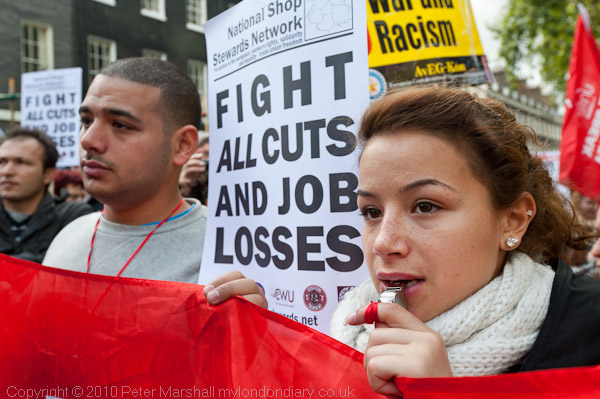
At the rally in a corner of Bedford Square there were calls for a much more positive approach from the TUC, and a demand that they bring forword the national demonstration which was planned for Spring 2011 but the TUC kept to its planned date of March 26th.

Some of those taking part in the march and rally went on to a TUC organised rally against the cuts in the nearby TUC HQ Congress House, organised by the South-East Region TUC, but I left to take a walk around the Bloomsbury Festival.

More pictures at Trade Union March Against Cuts.
Bloomsbury Festival
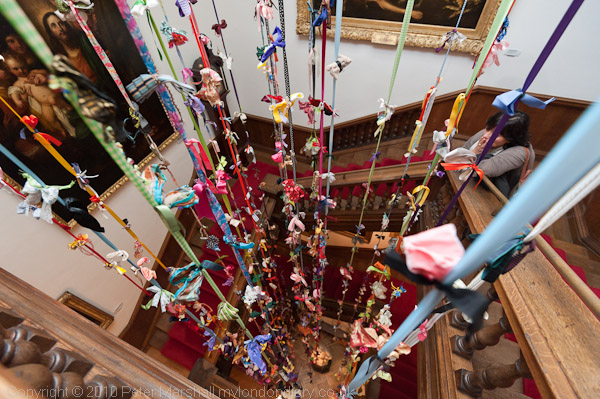
The annual Bloomsbury Festival began in 2006, but this was the first year I had noticed it, and although there had been some events earlier in the week that sounded interesting I hadn’t had time to attend them.
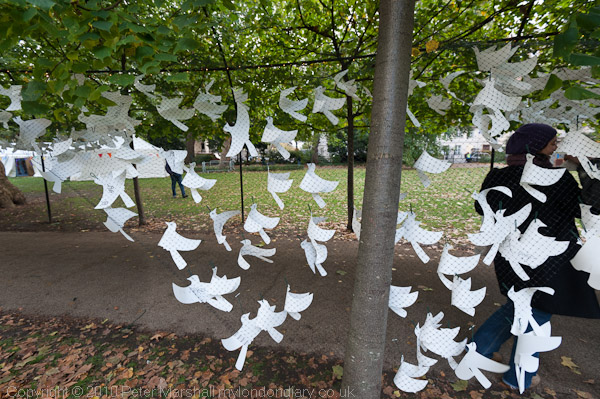
On Saturday there were free events taking place across the area, in museums and galleries, parks and gardens, as well as various dance and film performances, exhibitions, walks and tours and workshops. I walked through the area, visiting most of the squares and parks in which there were artworks as well as some of the museums and exhibitions.
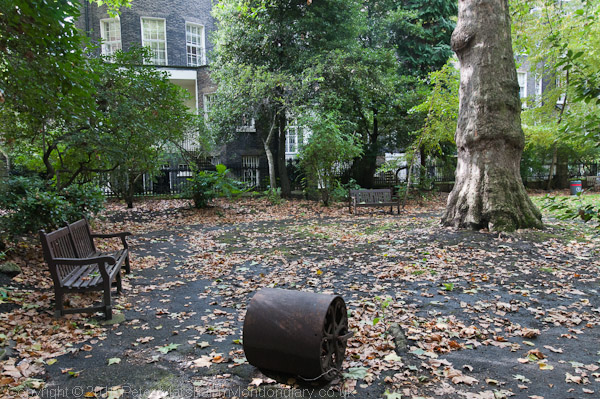
But much of what interested me on my walk were things I saw or found in the area itself, with some of the ‘found art‘ rather more interesting than the actual festival pieces. I was pleased to be able to go into the the charming private garden in Malet St – and the trees, leaves and the grass roller excited me considerably more than the work of photographic art strapped to a couple of trees.

It was good to go into the Foundling Museum for my first visit there, both to see its permanent exhibition with its incredibly moving special display the pieces of 18th century cloth, textile tokens left by mothers with the babies taken to the Foundling Hospital in the hope they could later be identified and reclaimed, along with a show Threads of Feeling, based on this.
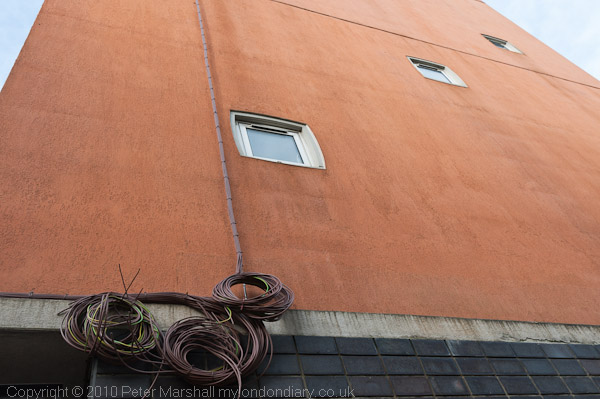
More pictures at Bloomsbury Festival.
Flickr – Facebook – My London Diary – Hull Photos – Lea Valley – Paris
London’s Industrial Heritage – London Photos
All photographs on this page are copyright © Peter Marshall.
Contact me to buy prints or licence to reproduce.
